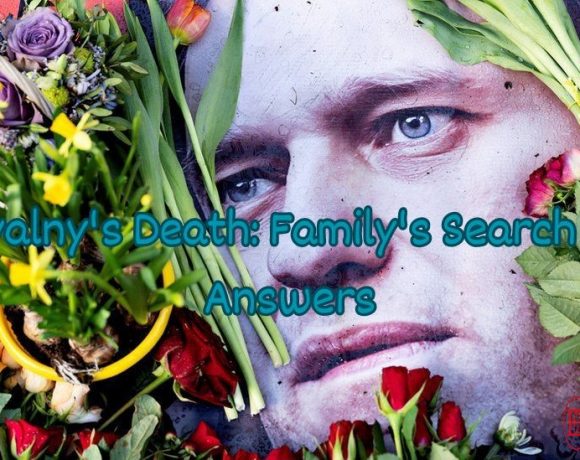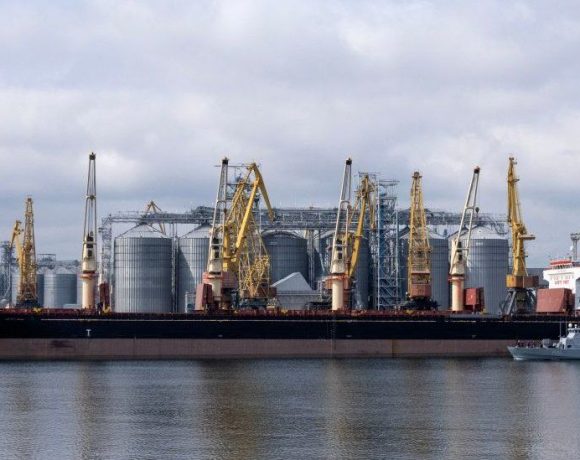
The family of Alexei Navalny, a prominent critic of Russian President Vladimir Putin who recently died in a Russian prison, has reportedly been informed that his body will not be released for two weeks. According to a representative for Navalny, his mother was told that his body is being held for “chemical analysis”. Despite efforts to locate the body, there has been no confirmation of its whereabouts from Russian authorities, and attempts to find it have been repeatedly blocked. Navalny’s wife has accused Russian authorities of concealing his body and alleged that it is being held until traces of Novichok, the nerve agent used in a previous poisoning attempt on Navalny, disappear.
In a video statement, Navalny’s wife, Yulia Navalnaya, accused President Putin of being responsible for her husband’s death and called on viewers to join her in seeking justice. Navalny’s death was announced on Friday, with authorities stating that he had never regained consciousness after collapsing during a walk in the Siberian penal colony where he was imprisoned. His mother and lawyer rushed to the colony upon hearing the news, but their attempts to locate the body have been thwarted by prison officials and local authorities.
The Kremlin has stated that an investigation into Navalny’s death is ongoing, but no results have been reported thus far. Navalny’s spokeswoman has said that investigators informed Navalny’s mother that the body would not be released for two weeks due to “chemical analysis”.
Western leaders have blamed President Putin for Navalny’s death and are considering imposing new sanctions on Russia in response. The UK Foreign Secretary has indicated that Britain and other G7 nations are likely to impose fresh sanctions on individuals implicated in Navalny’s death. However, Kremlin spokesman Dmitry Peskov has dismissed these statements as “arrogant” and “unacceptable”, while Russian prison authorities have attributed Navalny’s death to “sudden death syndrome”.
Picture Courtesy: Google/images are subject to copyright

